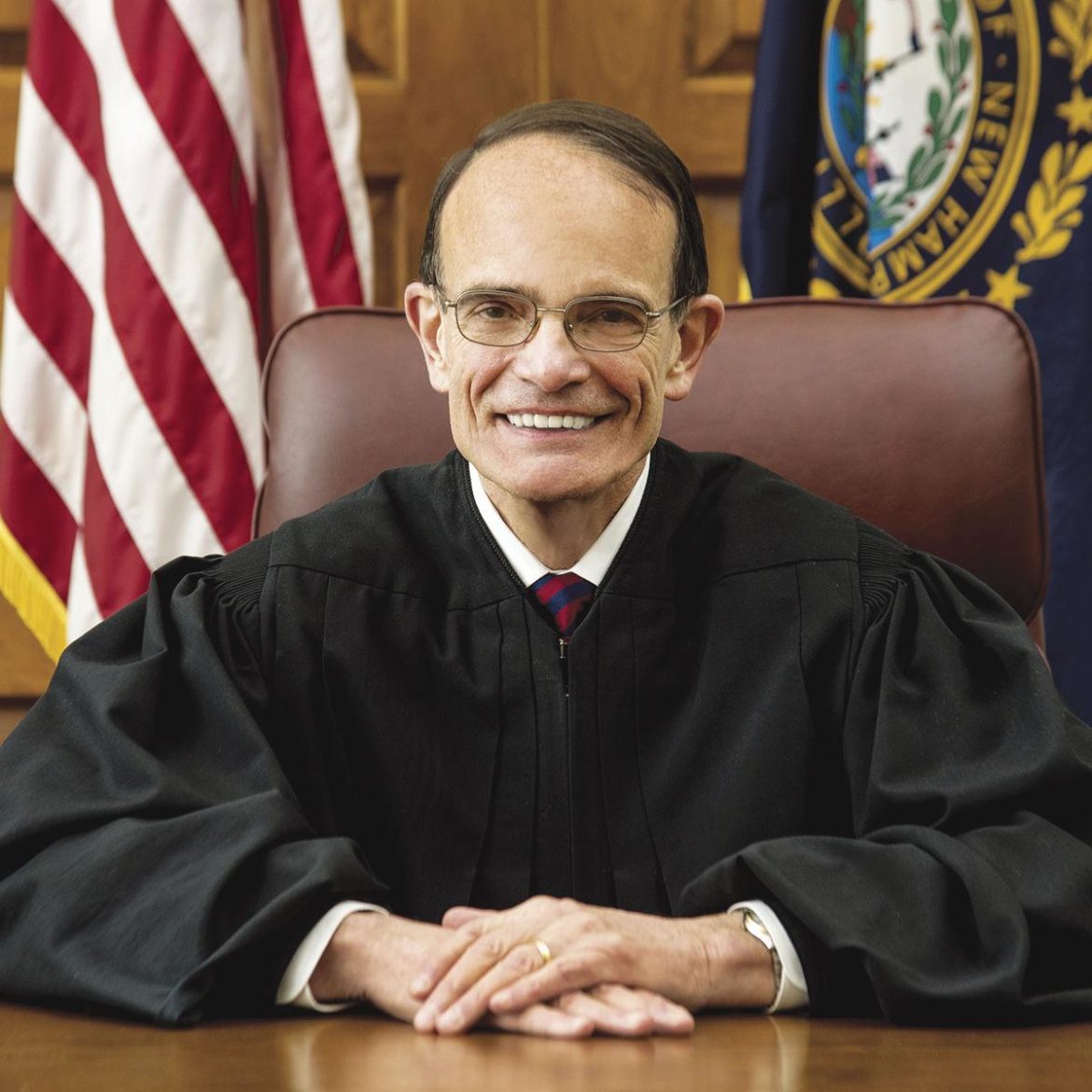Updated: Concord Monitor reporter Lola Duffort reported June 8 that the proposed rule change was voted down by an advisory panel by a vote of 8 to 6 on Friday.
Sign up for our free newsletter here.
By Nancy West, InDepthNH.org
The Supreme Court Advisory Committee on Rules heard at a public hearing Friday from people in favor and against a proposed change that would disguise the names of victims in all felony cases in Supreme Court records.
The change would require using an “alias, pseudonym, appropriate designation, or initials” instead of the name. It would also prohibit disclosure of a crime victim’s address, place of employment or other personal information in any petition, motion, brief, or memorandum at the Supreme Court.
First amendment Attorney William Chapman said he had concerns beyond what he has already filed with the committee.
Chapman said members of the media who know the name of the victim from Superior Court proceedings would want to use the full name in stories about Supreme Court oral arguments and final opinions even if the rule is adopted. He questioned what would happen if the victim tried to bring legal action against the media for violating the rule if they published the full name.
“I think it would problematic from a First Amendment point of view,” Chapman said.
Jessica Eskeland, public policy specialist with the New Hampshire Coalition Against Domestic and Sexual Violence, told the committee that having their names made public creates an atmosphere that could limit victims from reporting crimes. They also suffer enhanced scrutiny and embarrassment, Eskeland said.
“The Coalition wholeheartedly supports the adoption of this rule because of the chilling effects that identifying victims against their will can have … certainly on their lives and the lives of their family,” Eskeland said.
The identity of sexual assault victims are often redacted in lower court records and news outlets in New Hampshire have historically not published the names of sexual assault victims unless they choose to make their names public.
In written testimony, ACLU-NH’s legal director Gilles Bissonnette opposed the rule change.
“The rule as written conflicts with the principle in Part 1, Article 8, of the New Hampshire Constitution that the public’s right to access official proceedings is necessary to ensure the government and the courts are accountable,” Bissonnette wrote.
According the court website, comments have also been submitted from attorney Gregory Sullivan and Vanessa Palange, president of the New Hampshire Press Association, but they weren’t available to view.
The committee next meets on Sept. 7 in the Supreme Court courtroom in Concord.
Members of the committee include: Honorable Robert J. Lynn, Chair, Abigail Albee, Esquire, Representative Paul S. Berch, Honorable R. Laurence Cullen, John A. Curran, Esquire, Honorable N. William Delker, Senator Daniel J. Feltes, Honorable Michael H. Garner, Sean P. Gill, Esquire, Joshua L. Gordon, Esquire, Jeanne P. Herrick, Esquire, Derek D. Lick, Esquire, Ari Richter, Patrick W. Ryan, Esquire, Janet L. Spalding and Charles P.E. Stewart.
Disclosure: Nancy West, executive editor of InDepthNH.org, also testified against the proposed rule change and submitted written testimony.





